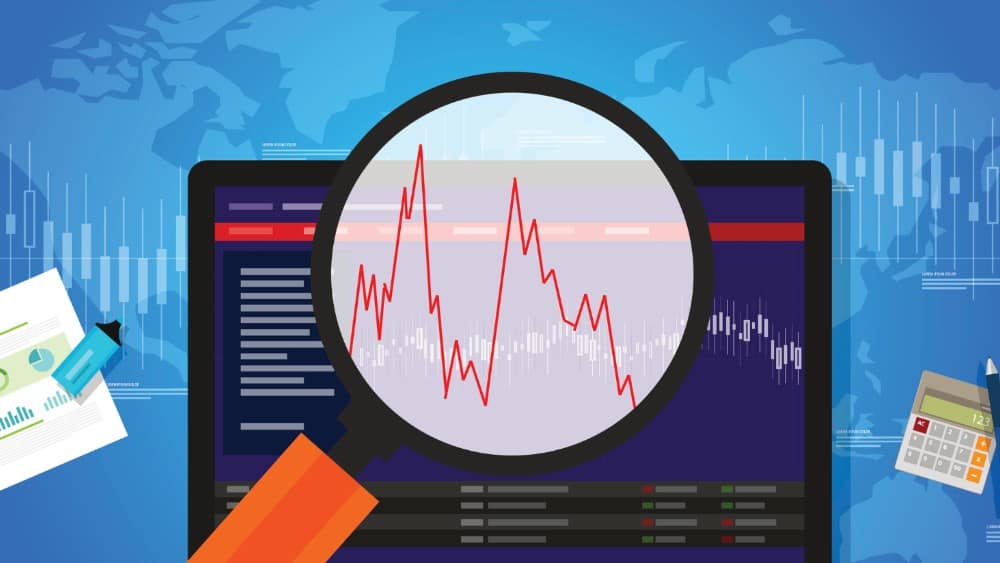While the Toronto Stock Exchange (TSX) trades at a record high, it may be time for investors to take a step back and question the longevity of this historic bull market. Economic and political concerns still loom over the economy and a sudden market crash isn’t beyond the realm of possibility in 2020.
A double-digit percentage point correction in stock prices is undoubtedly painful, but there could be a few silver linings. In fact, here are two tax-related benefits for investors if the market crashes next year.
Tax-loss harvest
Tax-loss selling, otherwise known as tax-loss harvesting, is an effective strategy for wealthy and savvy investors. By selling stocks at a loss when the market crashes, you can claim a capital loss that offsets any capital gains. This reduces your overall tax burden.
Bear in mind that this technique only applies to investments in non-registered accounts, so losses in your tax-free savings account (TFSA) or Registered Retirement Savings Plan (RRSP) can’t be claimed as write-offs. However, a market crash does have benefits for savers who limit themselves to these accounts.
As my Fool colleague Kay Ng recently pointed out, the end of the year is tax-loss selling season, and any claims you make this year can be carried forward extensively to limit capital gains taxes in the future. He suggests investors are already selling Pason Systems and Whitecap Resources with this in mind.
If the market crashes next year, it could surface several more opportunities for long-term investors.
Lower valuations
A market crash reduces prices across the board, making some excellent companies more attractive for investors. A reduction in the price-to-earnings ratio or a boost to the dividend yield could have tangible long-term benefits for your registered savings accounts.
Most robust companies avoid cutting their dividends during recessions. Fortis, for example, steadily increased its dividend by 36.8% between 2007 and 2009, during one of the worst economic and financial downturns in recent history. However, the stock price plunged along with the rest of the market, offering a higher dividend yield for investors.
Income-seeking investors can add such recession-proof, dividend-paying stocks to their portfolio if the market crashes to lock in higher tax-free yields.
By locking in lower valuations, investors can also shield more of their long-term capital gains from taxation. Of course, the downturn is also helpful to passive investors.
Lower valuations are good for stock pickers and excellent for passive investors. If you’ve been systematically investing money into an index fund on a regular basis, a market crash helps lower your dollar-weighted average cost of investment.
According to experts and academics, this should work in your favour when the market eventually recovers, reducing your overall tax burden.
Bottom line
Every dark cloud has a silver lining. No one expects or is ever fully prepared for a market crash, but the cyclical nature of the economy makes an eventual crash inevitable.
With that in mind, long-term investors can use every crash to their advantage by dollar-cost averaging and tax loss harvesting during the downturn.



